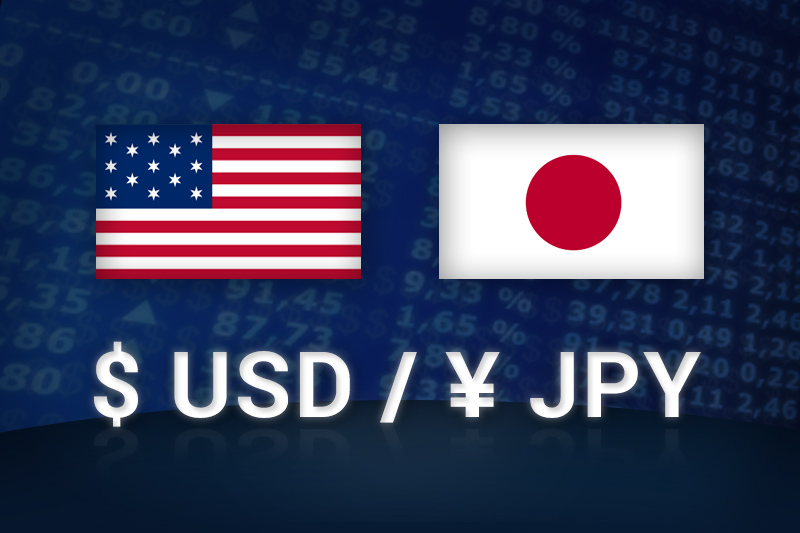Investing.com - The U.S. dollar was steady against the yen on Monday, as weekend elections in Greece and France prompted investors to flock to safe haven assets amid fresh concerns over the handling of the financial crisis in the euro zone.
USD/JPY hit 79.65 during early European trade, the pair’s lowest since May 1; the pair subsequently consolidated at 79.85, inching down 0.01%.
The pair was likely to find support at 79.35, the low of February 20 and resistance at 80.59, the high of May 1.
Markets were jittery after neither of the two Greek pro-bailout parties secured enough votes to form a majority in parliament, as voters favored smaller parties who campaigned against the harsh government austerity program, throwing the future of the country’s international bailout agreement into doubt.
Meanwhile, in France President Nicolas Sarkozy was defeated by socialist candidate François Hollande, who has been critical of the country's austerity program.
Elsewhere, in the minutes of the Bank of Japan’s April 9 and 10 policy meeting, policymakers said that Japan's economic activity was showing signs of improvement.
They added, however, that there was still a high degree of uncertainty regarding the global economy and Japan still faces the critical challenge of overcoming deflation.
Following its latest policy meeting, the BoJ left its benchmark interest rate unchanged, close to zero.
The yen was higher against the euro with EUR/JPY dropping 0.66%, to hit 103.79.
Later Monday, the euro zone was to publish a report on investor confidence, while Germany was to publish official data on factory orders.
USD/JPY hit 79.65 during early European trade, the pair’s lowest since May 1; the pair subsequently consolidated at 79.85, inching down 0.01%.
The pair was likely to find support at 79.35, the low of February 20 and resistance at 80.59, the high of May 1.
Markets were jittery after neither of the two Greek pro-bailout parties secured enough votes to form a majority in parliament, as voters favored smaller parties who campaigned against the harsh government austerity program, throwing the future of the country’s international bailout agreement into doubt.
Meanwhile, in France President Nicolas Sarkozy was defeated by socialist candidate François Hollande, who has been critical of the country's austerity program.
Elsewhere, in the minutes of the Bank of Japan’s April 9 and 10 policy meeting, policymakers said that Japan's economic activity was showing signs of improvement.
They added, however, that there was still a high degree of uncertainty regarding the global economy and Japan still faces the critical challenge of overcoming deflation.
Following its latest policy meeting, the BoJ left its benchmark interest rate unchanged, close to zero.
The yen was higher against the euro with EUR/JPY dropping 0.66%, to hit 103.79.
Later Monday, the euro zone was to publish a report on investor confidence, while Germany was to publish official data on factory orders.
